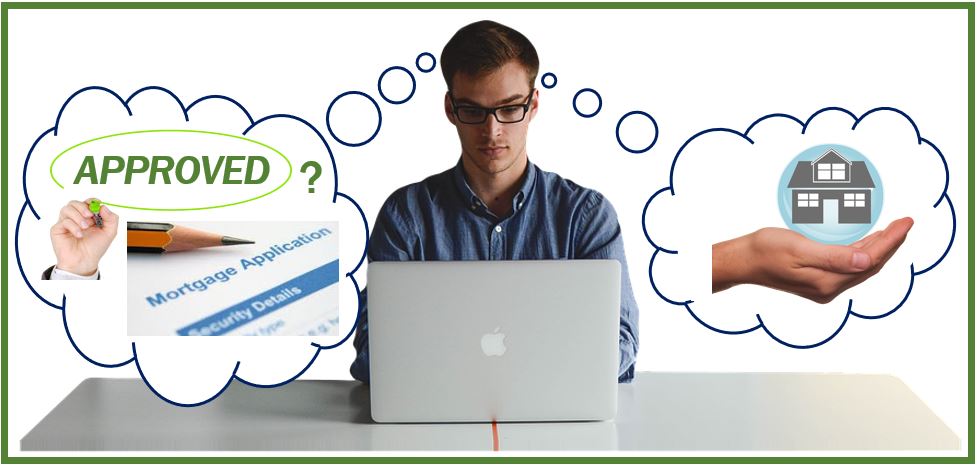Being a freelancer is essentially the same as being a business owner. The only difference is that there are no employees to manage and you often don’t even need to deal with the hefty cost of managing an office lease and all the other expenses that can bring any business to its knees.
The issue with being a freelancer, and why many are even considering leaving their own built-up empire, is that the world at large has not yet caught up. Millions around the world are their own bosses, and often make a lot more every month than their employed counterparts. The difference? Those who are employed and receive a steady paycheck are considered to be the safer option by lenders.
 That does not mean you should quit. Only that you need to adapt your strategy when buying a home and give yourself a bit longer to ensure you have everything in order.
That does not mean you should quit. Only that you need to adapt your strategy when buying a home and give yourself a bit longer to ensure you have everything in order.
The Issues with Being a Freelancer
There are a few key issues with being a freelancer when it comes to dealing with lenders.
- It is More Difficult to Build Up Credit
- Loans and Mortgages are Difficult to Secure
- Income is Less Consistent
That being said, only an estimated 3% of freelance mortgage applicants were rejected. The application process was more difficult and took longer, yes, but it is very possible to enjoy a great mortgage working for yourself.
How to Secure a Mortgage
To speed up and make the process easier, you will want to know your options and build up your profile before you apply.
Use Available Government Help Schemes
First things first, try to reduce the amount you need to borrow from a bank or private lender right off the bat by taking advantage of the government help schemes.
In the UK, for example, there is both help to buy and shared ownership property options. If you do opt for these, however, then you will want to hire a specialist to go over the procedure and your requirements. A conveyancing solicitor for buying a shared ownership property can help outline how you acquire the property and work towards eventually owning it outright.
Know How Your Income Will be Calculated
Your income will be calculated and averaged out. In some cases, your lowest months will be averaged, and in others the total average. However, you will need two to three years of history.
Use a Professional Accountant
You will need to use a professional accountant in order to make sure that your books are in order and are professionally presented enough for banks to consider them.
Work Consistently and Avoid Gaps
Though you can take huge gaps off for holiday, try to avoid this as they will hurt your average.
Build Up Your Credit History
While you are building up this income history, work on building up your credit history. Be aware you might have to opt for a credit company that offers only high APR to start with, but you will be able to switch to better credit cards in the future.
Save 20% for the Deposit
Save as much as you can, and ideally 20% of the deposit.
You can obtain a mortgage and your dream home as a freelancer. There are more hoops to jump through, but if you are making more and are happier working for yourself than you ever were employed, the extra effort is worthwhile.
_______________________________________________________________
Interesting related article: “What is a Mortgage?“

